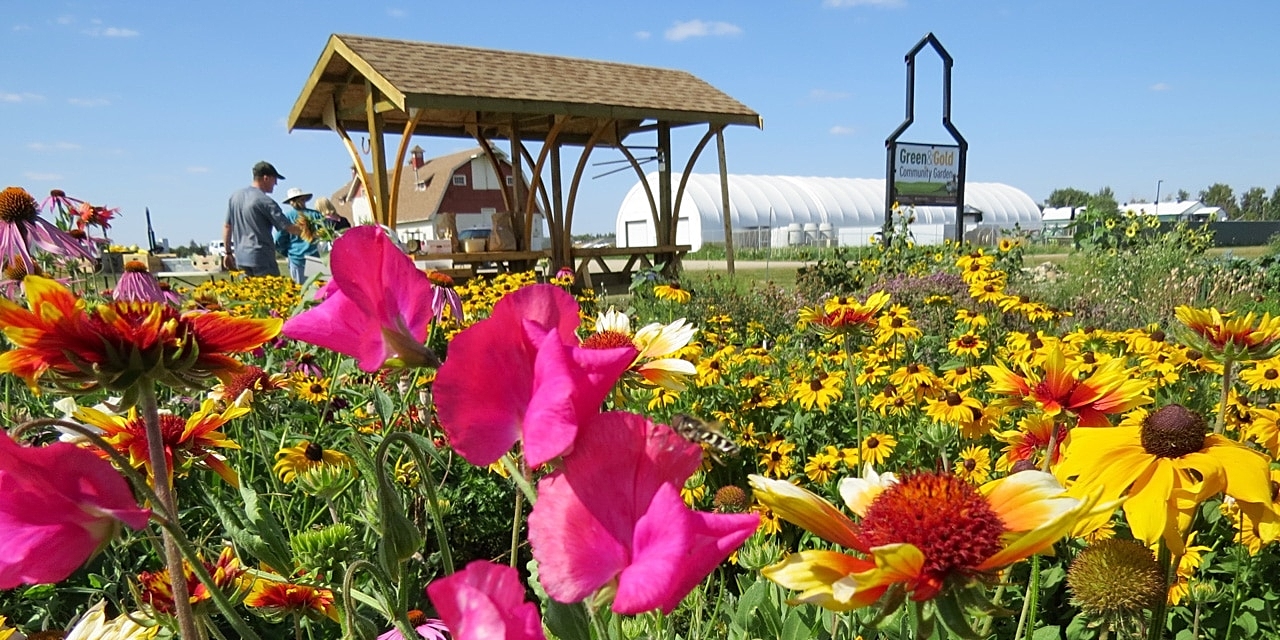The University of Alberta's long history of sustainability, combined with its new and evolving green initiatives, have once again been recognized nationally.
Last month, the U of A was named one of Canada's greenest employers for the 12th straight year.
The list is compiled by the editors of Canada's Top 100 Employers competition to recognize employers that lead the nation in creating a culture of environmental awareness in their organizations.
"The university has a strong history in sustainability going back to the mid-'70s, but sustainability is not a 'one and done' kind of thing. So when you get recognition like Greenest Employer, it's really an affirmation that we're on the right track," said Mike Kohlenberg, an associate vice-president in Facilities and Operations.
The U of A was recognized in part for its energy management program, which has been in place since 1975 and has allowed the university to reduce utility costs by more than $390 million, avoid over 2.3 million tonnes of greenhouse gas emissions and reduce the energy its buildings use by about 31 per cent.
In 2013, the U of A launched Envision, an energy management program that includes campaigns to encourage the campus community to conserve water and reduce energy use. With two phases left to be completed over the next few years, the measures implemented through this program will mitigate approximately 30,000 tonnes of greenhouse gas emissions each year and save $4.5 million each year.
What makes the U of A's initiatives unique is what Kohlenberg describes as a "holistic approach."
"Over the years we've worked a lot on strengthening ties and collaborations with the research and academic community, as well as the overall campus community: students, staff and faculty. We've really looked at embedding sustainability in all aspects of university activities and life," he said.
This holistic approach can be seen in the university's two-acre Green & Gold Community Garden, which demonstrates urban gardening possibilities. The two-acre pesticide- and fertilizer-free community garden was founded by a School of Public Health professor in 2008 and is now run entirely by volunteers in partnership with the Faculty of Agricultural, Life & Environmental Sciences. Produce is harvested and sold, with proceeds going to a non-profit organization that supports socially and economically marginalized women in Rwanda.
As COVID-19 continues to affect operations, the U of A remains committed to advancing its green efforts in the future, said Kohlenberg.
"The climate crisis is not going away, in spite of the fact that we're in the middle of a pandemic crisis. So kudos to the university for sticking with sustainability and wanting to address climate change," he said, adding that the commitment is driven by the people that make up the U of A community.
"You can get the programs in place and have catalysts to drive them, but sustainability is really about the people who accept and work with it. And we've seen over the past few years that sustainability is truly embedded in the psyche of the whole campus."
